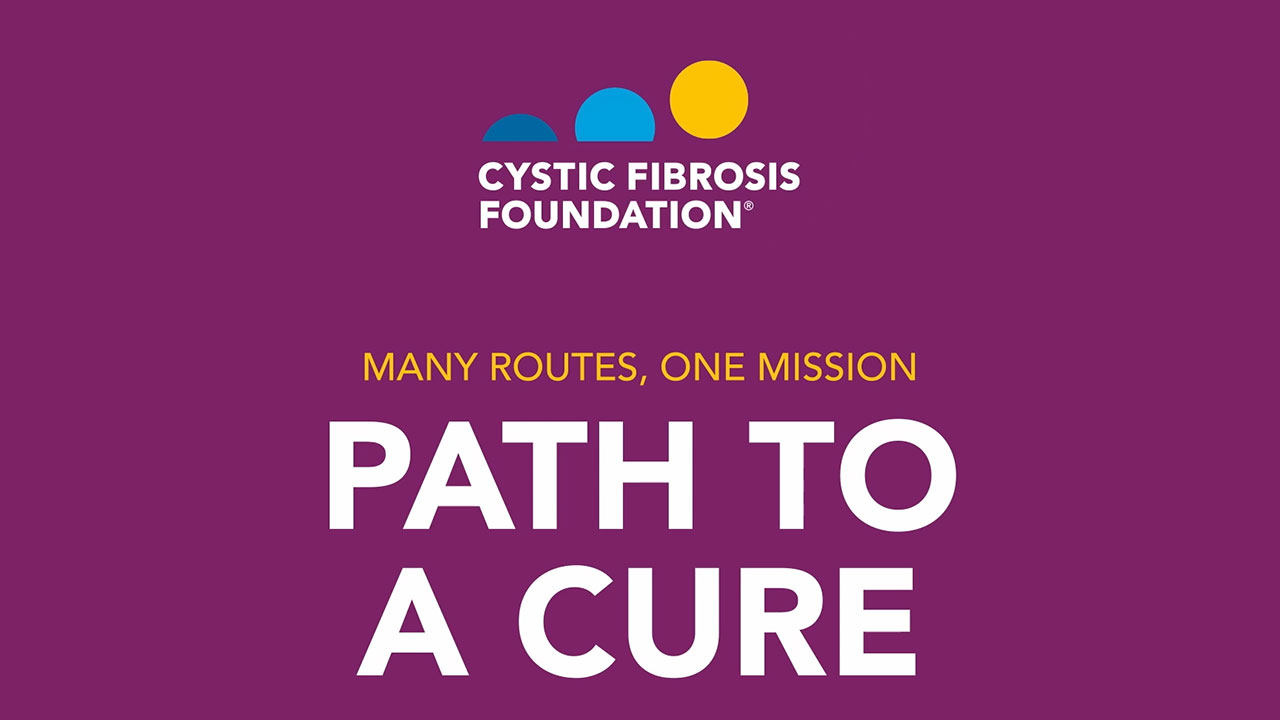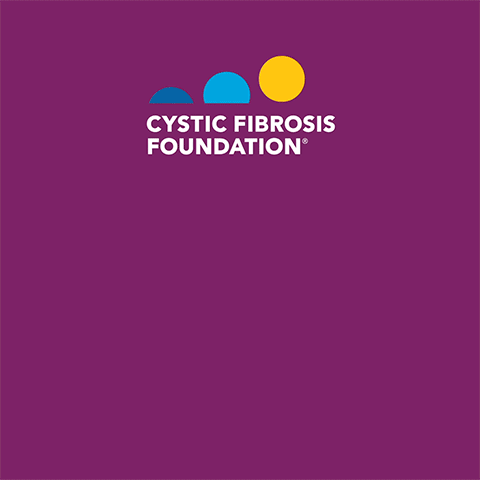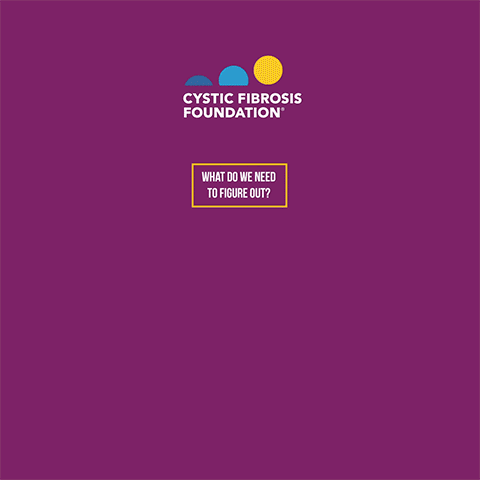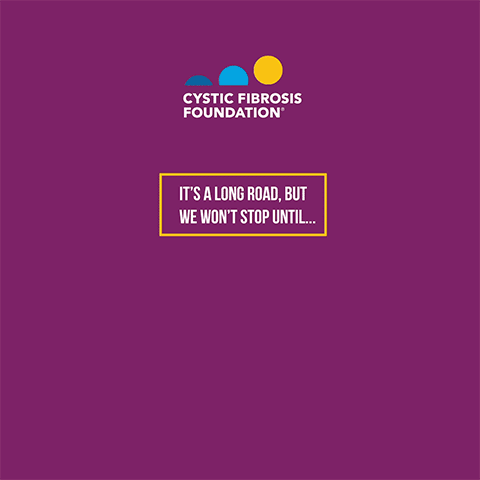BETHESDA, Md.--(BUSINESS WIRE)--Today the Cystic Fibrosis Foundation unveiled its Path to a Cure, an ambitious research agenda to deliver treatments for the underlying cause of the disease and a cure for every person with cystic fibrosis (CF). The Foundation is challenging potential collaborators to submit proposals that will accelerate the pace of progress in CF drug discovery and development and intends to allocate half a billion dollars to the effort through 2025.
“The CF Foundation has a long track record of success in facilitating the development of new cystic fibrosis therapies. Our bold investments in innovative research sparked the development of CFTR modulators, medicines which are now transforming the lives of people with CF,” said Michael P. Boyle, MD, senior vice president of therapeutics development at the CF Foundation. Dr. Boyle will assume the role of CEO effective January 1, 2020. “We firmly believe that our most important and challenging work is still ahead. We see an unprecedented opportunity to identify and advance treatments for the underlying cause of CF and deliver a cure for every person with the disease, and will use every tool available to advance the research that will get us there.”
The Path builds on the Foundation’s highly successful venture philanthropy strategy to stimulate industry investment in CF. In addition to funding, the Foundation offers partners a range of resources to de-risk CF drug discovery and development — including the world’s largest network of cystic fibrosis clinical trial sites and a dedicated laboratory to support translational research for potential therapeutic programs.
Significant Needs Remain Despite Remarkable Progress
Therapeutic breakthroughs are helping people with CF live longer and healthier lives. As part of this effort, the Foundation has prioritized identifying innovative approaches for individuals who do not respond to currently available treatments.
Nonsense mutations – also called “x” or “stop” mutations – affect approximately 12 percent of the CF community and are notoriously challenging targets for drug discovery and development. While some individuals with a single nonsense mutation are expected to benefit from newly approved treatments, many will require entirely new therapeutic approaches to address the underlying cause of their disease. Beyond CF there are more than 1,000 diseases caused by nonsense mutations, virtually all of which have eluded researchers seeking FDA-approved therapies.
William Skach, MD, senior vice president of research affairs, added: “The Foundation has played a critical role in steering CF discovery and development toward the most promising opportunities and clearing obstacles to progress. With the Path to a Cure, we seek to partner with top innovators from around the world in order to deliver the next generation of transformative breakthroughs in CF, accelerate treatments for individuals with the greatest need, and progress toward our goal of a cure for all.”
Many Routes, One Mission
The Foundation’s Path to a Cure centers around three core strategies to address the underlying cause of CF: repairing broken CFTR protein, restoring CFTR protein when none exists, and fixing or replacing the underlying genetic mutation to address the root cause of CF. Each approach requires a different set of scientific tools and knowledge, leading the Foundation to bring together researchers and industry leaders from a range of disciplines to advance multiple areas of research in parallel.
Repairing and restoring CFTR protein
Successfully repairing malfunctioning CFTR protein or restoring CFTR protein production when none is present would enable chloride transport in and out of cells, increasing fluid at the cell surface and reducing or thinning the thick, sticky mucus that affects the lungs and other organs in people with CF. The Foundation continues to foster the development of new and improved modulator therapies to repair the defective protein and is also progressing therapies to restore CFTR protein when none is being made. Areas of interest include approaches that target nonsense and other rare mutations, including tRNA therapy, readthrough agents, and short nucleotide therapies, in addition to mutation-agnostic treatments that could help all people with CF, such as mRNA therapy.
Targeting the root cause of disease
Genetic-based therapies, which include both gene replacement and gene editing approaches, are considered the most promising strategy to cure CF, as they have the potential to address the root genetic cause of disease. Delivering these therapies is a challenge in CF because of the difficulty of overcoming the body’s natural immune defenses to transport a healthy gene into the lung cells of people with CF and is an immediate priority for the Foundation. The Foundation is currently funding two industry programs aimed at gene delivery with the goal of progressing into clinical studies in 2021.
To learn more about research being funded under the Path to a Cure commitment and to follow progress on the multiple research efforts underway, please visit cff.org/PathtoaCure.




